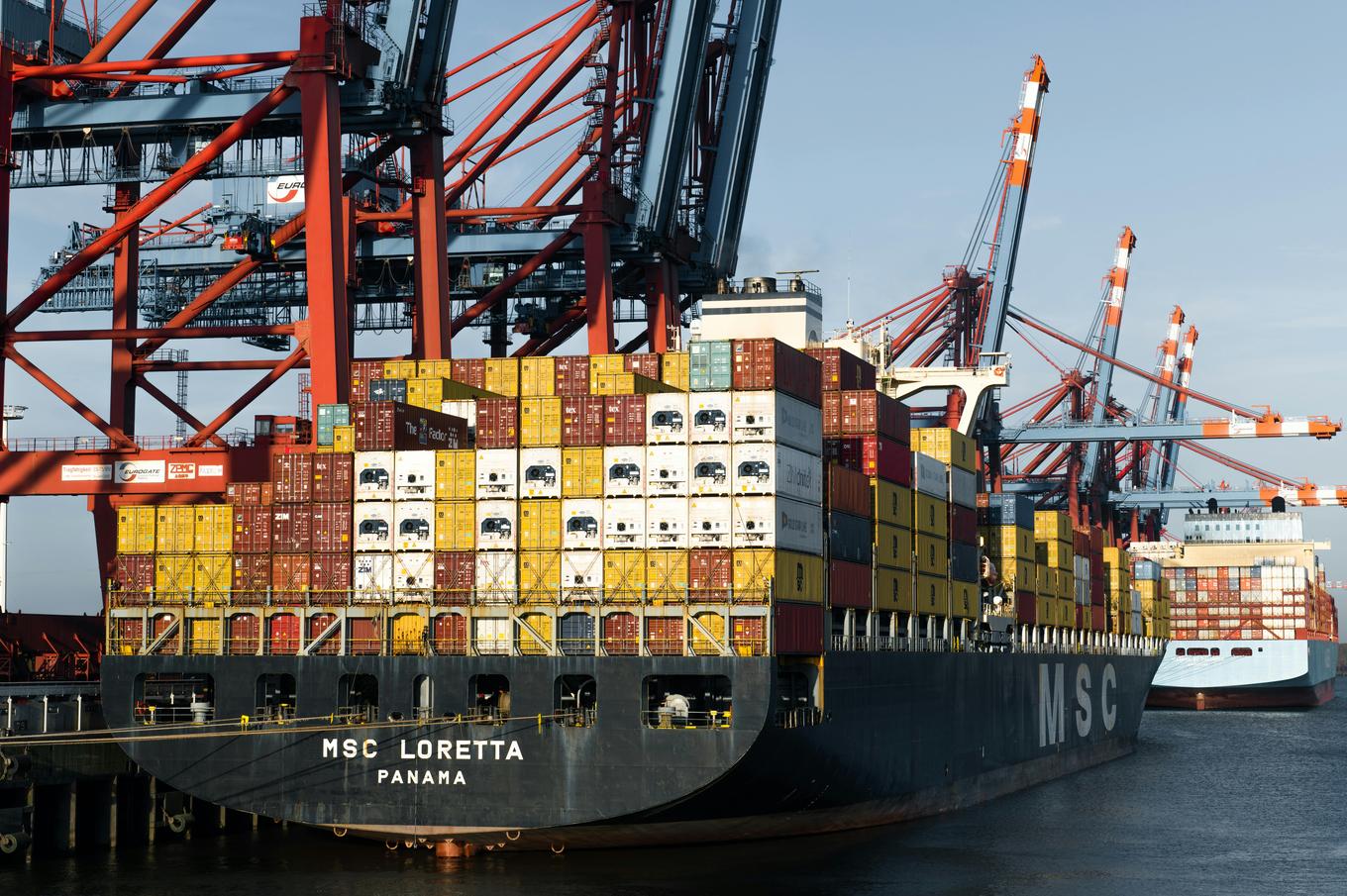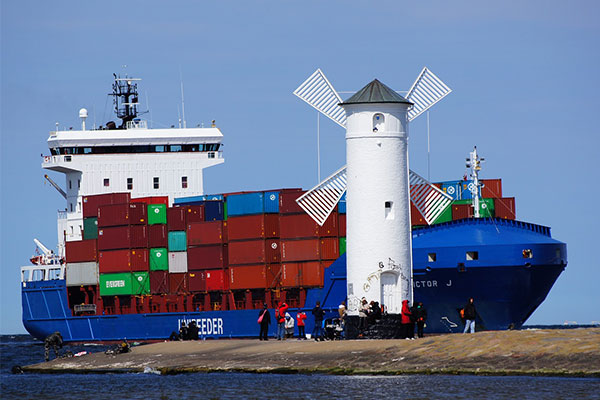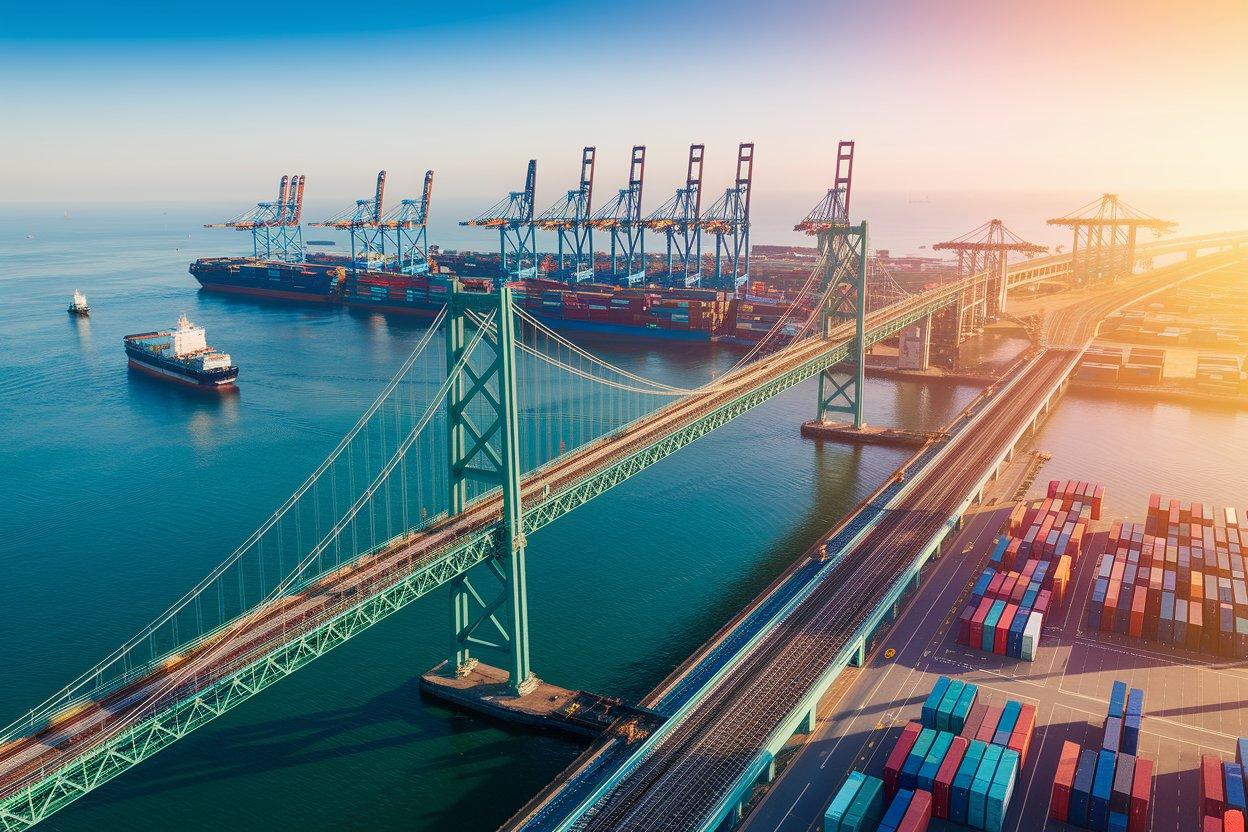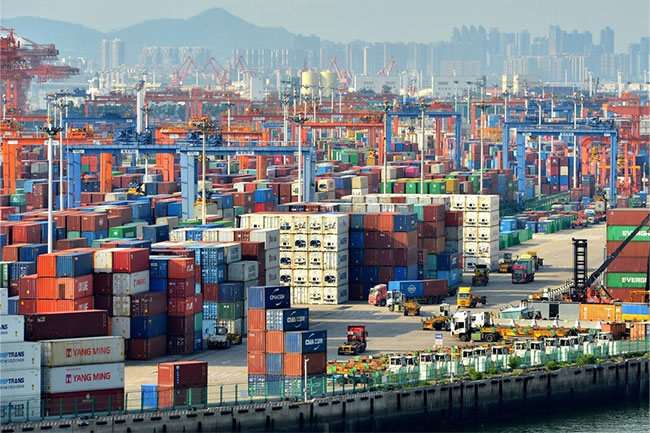- Shanghai Zhongshen International Trade Co., Ltd. - Two decades of trade agency expertise.
- Service Hotline: 139 1787 2118
Contents
ToggleResponsibilities and Transfer of Title under EXW Terms
EXW (Ex Works) is a commonly used trade term in international trade. According to the "International Commercial Terms" (Incoterms), the seller's (manufacturer's) obligation is limited to delivering the goods to the buyer or their designated carrier at the specified location (usually the factory or warehouse). Once the goods are loaded onto the vehicle, ownership transfers to the buyer, who then assumes responsibility for subsequent transportation, customs clearance, and all associated risks.
However, in actual operations, if the manufacturer declares customs under its own name or is required to cooperate in providing a telex release guarantee, the boundaries of responsibility may become blurred, leading to additional obligations.
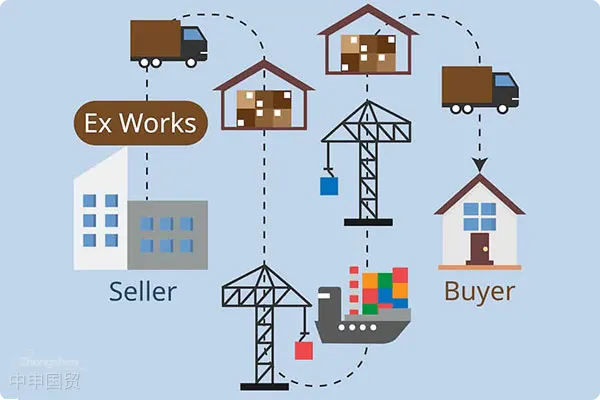
The meaning of a telex release guarantee and the conventional allocation of responsibilities.
A Telex Release Letter is a written document issued by the shipper to the freight forwarder or shipping company, authorizing the electronic release of cargo to the consignee, typically used as an alternative to the physical handover of the bill of lading.
Under the EXW terms, the manufacturer is theoretically not involved in transportation arrangements, and the responsibility for the telex release letter of guarantee should be borne by the buyer or their designated freight forwarder. However, when the manufacturer declares customs under their own name, the freight forwarder may require the manufacturer to issue a letter of guarantee to ensure compliance with the cargo release process.
Case Analysis: The Rationality and Risks of Manufacturers Issuing Telex Release Guarantees under EXW Terms
Assuming you, as the manufacturer, adopt the EXW terms, the ownership of the goods has been transferred upon loading onto the truck. However, as required by the designated freight forwarder, you declare customs under your own company name and are requested to issue a telex release guarantee with the following content: "Our company applies for the telex release of the above-mentioned goods to the aforementioned consignee, and all responsibilities and risks arising therefrom shall be borne by our company."
Reasonableness Analysis:
- If the consignee on the bill of lading is the manufacturer, it is a standard procedure for the freight forwarder to request a letter of guarantee from the shipper, as the shipper needs to provide written confirmation of their intent to release the goods.
- However, under EXW, the ownership of the goods has already been transferred to the buyer, and the manufacturer originally did not need to be involved in the transportation or release of the goods. This requirement may stem from a mismatch between the customs declaration entity and the actual responsibilities.
Risk points:
- Expanded liability: The phrase "all responsibilities and risks" in the letter of guarantee may expose the manufacturer to risks such as transportation, customs clearance, or loss of goods, which are not inherent obligations under EXW terms.
- Title Conflict: If the consignee on the bill of lading is the buyer while the customs declaration is under the manufacturer's name, it may lead to customs clearance disputes, and the freight forwarder could use this as an excuse to evade responsibility.
- The payment has not been settled.: If the payment is not received in full, issuing a letter of guarantee may result in the manufacturer releasing the goods without being able to recover the payment.
Risk Avoidance Recommendations
To avoid unnecessary liabilities and losses, manufacturers may take the following measures:
- Ensure payment security: Issue the guarantee only after confirming the full payment has been received to mitigate financial risks.
- Clarify the content of the guarantee.: Negotiate with the freight forwarder to revise the wording of the letter of guarantee, such as changing it to "only authorized to release the goods electronically, not responsible for transportation and subsequent liabilities," in order to limit the scope of responsibility.
- Please verify the bill of lading header: If the bill of lading is issued in the name of the buyer, it is recommended that the buyer or their freight forwarder issue a letter of guarantee to avoid manufacturer involvement.
- Optimize Customs Procedures: If conditions permit, it is recommended that the buyer declare customs under their own name, with the manufacturer only providing the necessary customs clearance documents, adhering to the "minimum responsibility" principle of EXW.
- Weighing customer relationships: When the payment has been fully received and the risks are under control, a letter of guarantee may be issued as appropriate to maintain cooperation, but a careful evaluation is required.
Conclusion
Under EXW terms, the manufacturer is generally not required to issue a telex release guarantee after the transfer of goods ownership. However, if practical needs such as customs declaration requirements necessitate cooperation, the manufacturer must ensure full payment is received and clarify that the guarantee is solely for cargo release authorization. Additionally, thorough communication with the freight forwarder and buyer is essential to avoid assuming responsibilities beyond EXW obligations. By handling the matter appropriately, risks can be mitigated while maintaining good customer relations.
Related Recommendations
? 2025. All Rights Reserved. Shanghai ICP No. 2023007705-2  PSB Record: Shanghai No.31011502009912
PSB Record: Shanghai No.31011502009912
